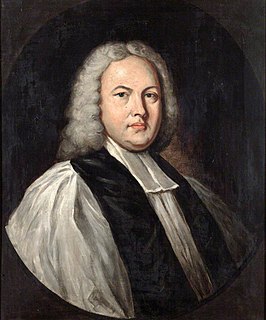A Quote by Eric Hoffer
The wisdom of others remains dull till it is writ over with our own blood. We are essentially apart from the world; it bursts into our consciousness only when it sinks its teeth and nails into us.
Related Quotes
When we hate our enemies, we are giving them power over us: power over our sleep, our appetites, our blood pressure, our health and our happiness. Our enemies would dance with joy if only they knew how they were worrying us, lacerating us, and getting even with us! Our hate is not hurting them at al, but our hate is turning our days and nights into a hellish turmoil.
The source of wisdom and power, of love and beauty, is within ourselves, but not within our egos. It is within our consciousness. Indeed, its presence provides us with a conscious contrast which enables us to speak of the ego as if it were something different and apart: it is the true Self whereas the ego is only an illusion of the mind.
There can be no more intimate and elemental part of the individual than his or her own consciousness. At the deepest level, our consciousness is what we are - to the extent that if we are not sovereign over our own consciousness then we cannot in any meaningful sense be sovereign over anything else either.
Of all literary exercitations, whether designed for the use or entertainment of the world, there are none of so much importance, or so immediately our concern, as those which let us into the knowledge of our own nature. Others may exercise the understanding or amuse the imagination; but these only can improve the heart and form the human mind to wisdom.
I consider morals and aesthetics one and the same, for they cover only one impulse, one drive inherent in our consciousness - to bring our life and all our actions into a satisfactory relationship with the events of the world as our consciousness wants it to be, in harmony with our life and according to the laws of consciousness itself.
What do we mean by the word 'wisdom'? Usually we mean something superior to knowledge, something deeper. In the spiritual world, the word 'wisdom' is not used in that way. Here wisdom means Light, illumining Light, transforming Light. That which illumines our unlit consciousness is wisdom. That which transforms the finite consciousness into the infinite Consciousness is called wisdom.
We live in a society that will send us to prison if we make use of time-honored sacred plants to explore our own consciousness. Yet surely the exploration and expansion of the miracle of our consciousness is the essence of what it is to be human? By demonstrating and persecuting whole areas of consciousness, we may be denying ourselves the next vital step in our own evolution.
The emotional wisdom of the heart is simple. When we accept our human feelings, a remarkable transformation occurs. Tenderness and wisdom arise naturally and spontaneously. Where we once sought strength over others, now our strength becomes our own; where we once sought to defend ourselves, we laugh.
I am fond of reminding my yoga students of the saying "It takes one to know one" when they become lost I condemnation and judgment of others. The world that we perceive is a reflection of our own states of mind and reveals our own level of consciousness. The world is little more than a Rorschach blot in which we see our own desire systems projected. We see what we want to see. (116)
Human beings are not intrinsically selfish, which isolates us from others. We are essentially social animals who depend on others to meet our needs. We achieve happiness, prosperity and progress through social interaction. Therefore, having a kind and helpful attitude contributes to our own and others' happiness.
We attach our feelings to the moment when we were hurt, endowing it with immortality. And we let it assault us every time it comes to mind. It travels with us, sleeps with us, hovers over us while we make love, and broods over us while we die. Our hate does not even have the decency to die when those we hate die-for it is a parasite sucking OUR blood, not theirs. There is only one remedy for it. [forgiveness]





































